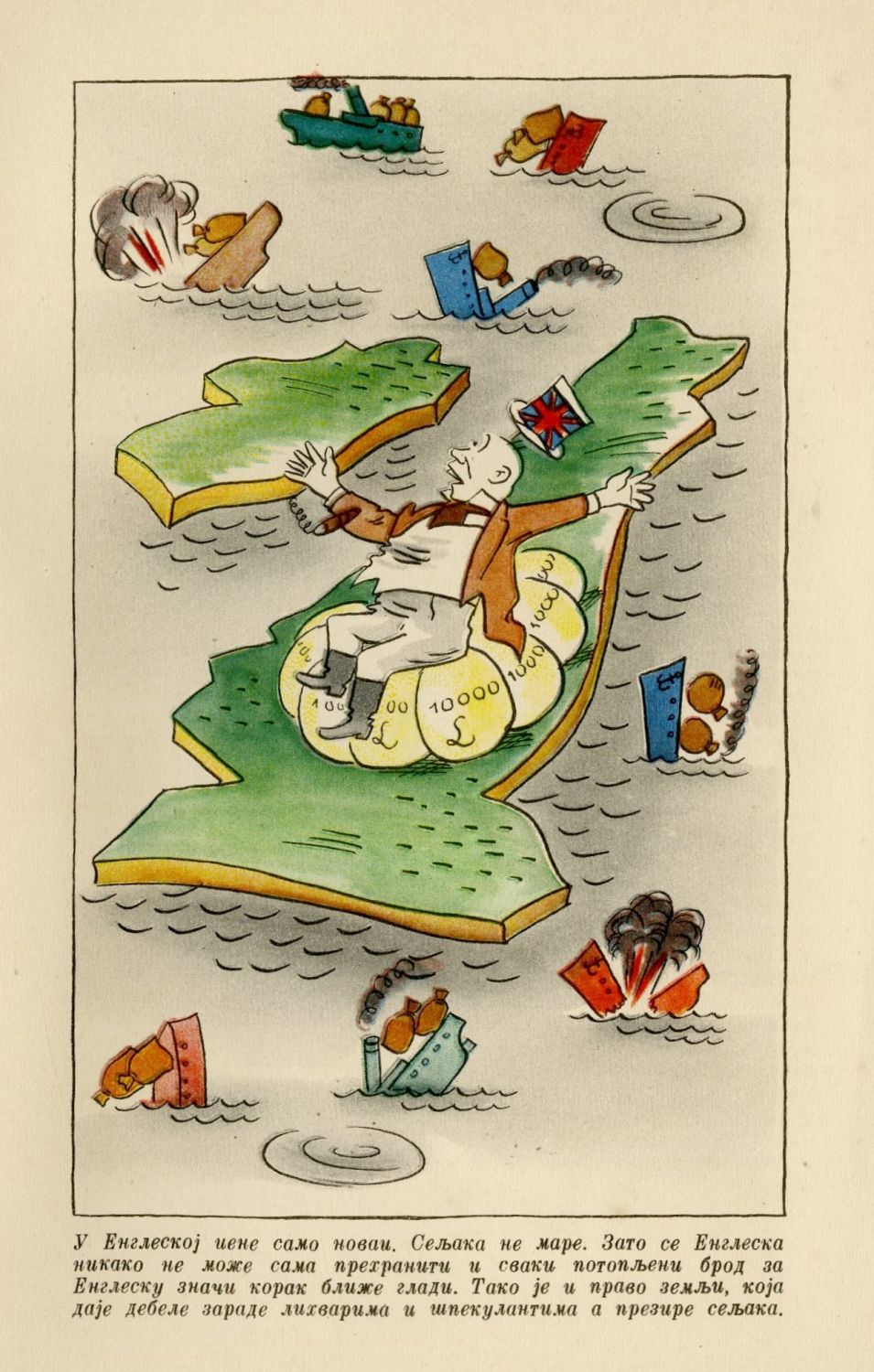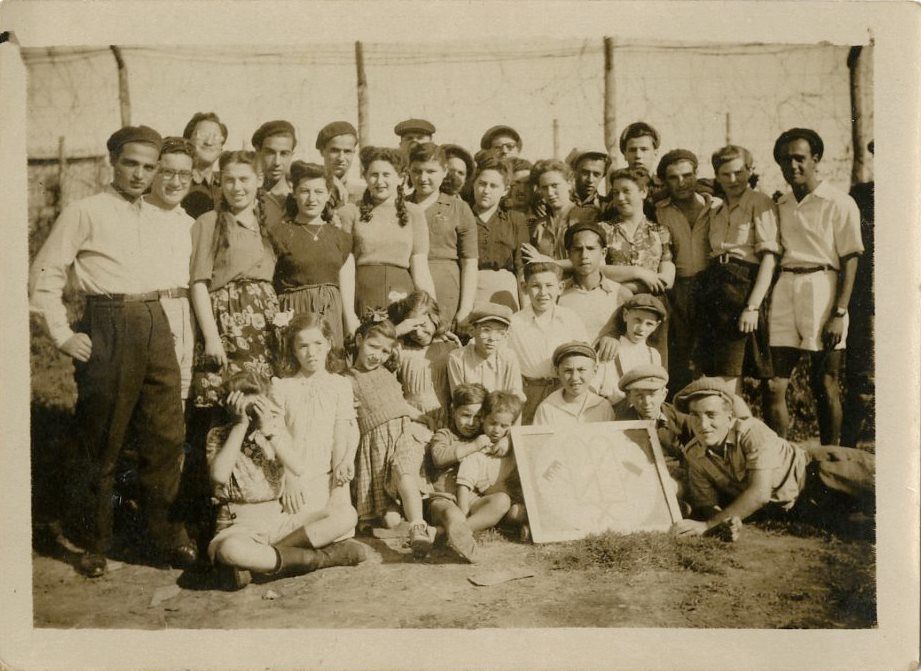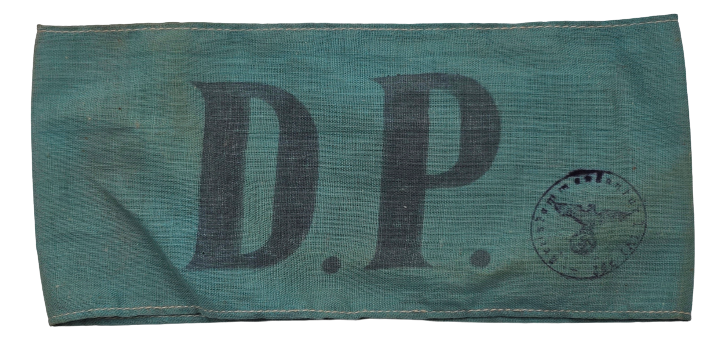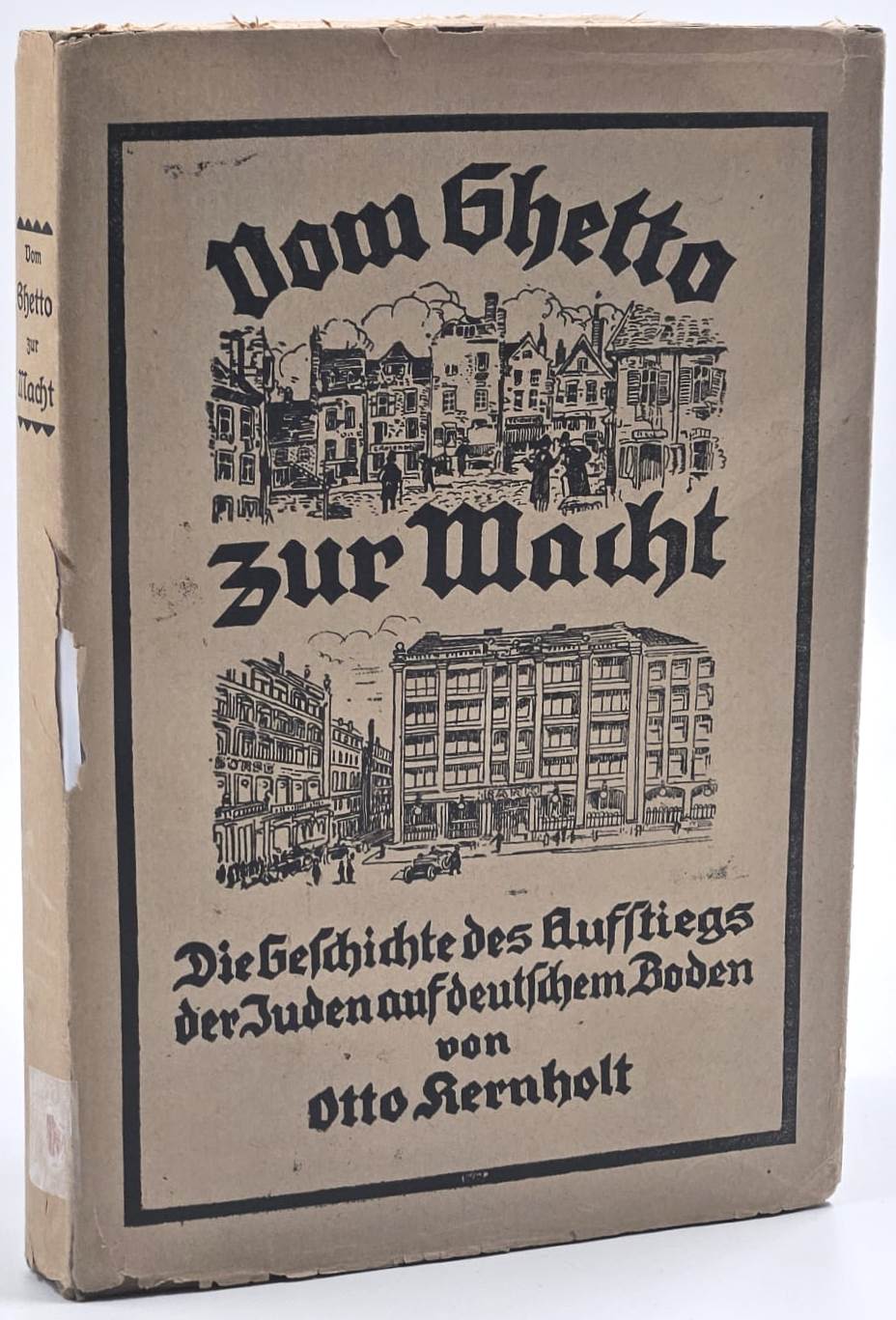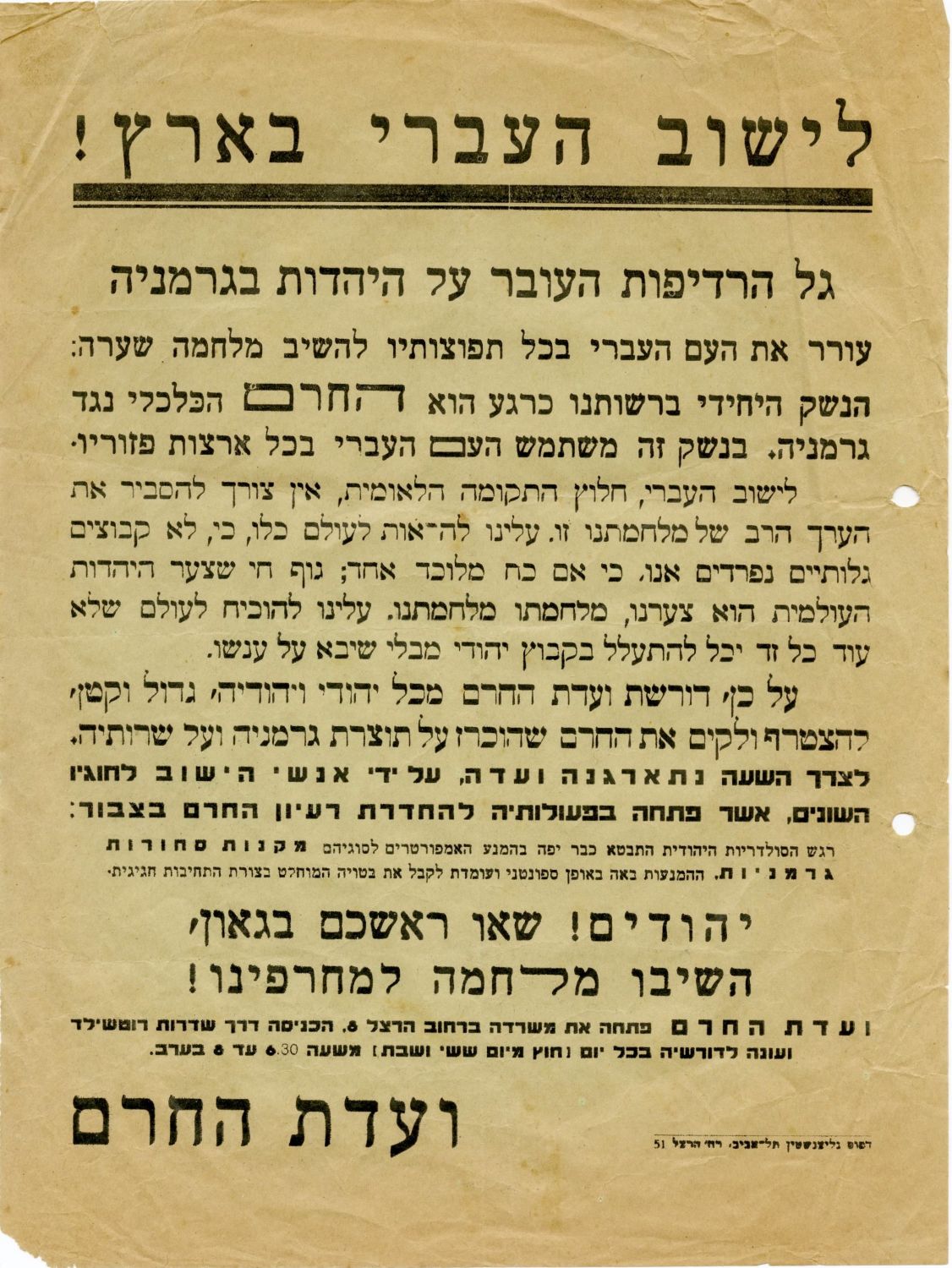Значај села. Сељак Јован Петровић о селу и граду - "The Importance of the Village: Peasant Yovan Petrovic on the Village and the City" - An antisemitic children's book published during World War II portraying Jews as enemies of rural agricultural production and as the main cause of conflict between villages and cities through economic exploitation, and portraying Nazi Germany and Hitler as saviors of villagers. Serbia, early 1940s. Rare.
An "innocent" story a wedding taking place in a Serbian village, where all the villagers and people from the neighboring city come to the wedding, and suddenly an argument breaks out about dance style preferences - between villagers and city dwellers, with city people preferring a modern dance and villagers preferring an old tango. During the quarrel, Yovan Petrovic stands up to explain to everyone that there is no justification for the disdain shown by city people towards villagers, and that the conflict between village and city was created by Jews for their own interests. The entire story is essentially Petrovic's speech praising villagers, their long-standing unique traditions, the beautiful customs they cultivated, their role in national life, and the economic value villagers bring to the whole country. The reason villagers are pushed aside and not considered in the eyes of city dwellers is a situation created by Jews. Petrovic explains that over the years Jews took control of urban centers of power and increased the gap between cities and villages in order to control the economy and money. Jews did this also in Germany, and now Hitler has come to save German villagers. In Hitler's Germany, farmers are the basis of the nation, Hitler improves the status of villagers and thus corrects the historical distortion created by Jews. Petrovic describes in his story: "During my stay in Germany in 1937-1938 I saw with my own eyes the progress of the German people thanks to improved rural conditions... Today Germany is not in a position where the English and Americans can force it to surrender through siege and hunger as during World War I, since the Nazis came to power the greatest attention has been paid to improving agriculture, villages and farms". He further explains that the Nazis are actually correcting the class divisions created by Jews between village and city, and calls on listeners to implement this policy also in Serbia. His fiery speech is steeped in antisemitic statements such as "when the village and city cooperate and help each other, there will be no room for the Jew and his schemes". Stories of this type published in pro-Nazi countries portrayed Jews as enemies of the economy and enemies of peace, and portrayed Nazi Germany as peace-loving and coming to improve the welfare of the entire nation, and therefore its path should be followed and supported.
The story is accompanied by many antisemitic color cartoons depicting for example a Jew with stereotypical facial features sitting in the center of the city controlling goods arriving from the sea and preventing them from reaching the village, a Jewish wall between the village and city marked with a Magen David being smashed by a villager, a village and city dweller shaking hands in the background while a Jew with stereotypical features flees, and the antisemitic caption: "When the village and city lend a hand to each other, there is no room for the Jew and his assumptions", a cartoon mocking England showing an English aristocrat sitting on bags of money while the country's ships sink at sea because "England doesn't care about farmers, so every ship sinks...", and more.
Rare. Does not appear in the world cat library catalog.
14 p. Light stains on the cover, good condition.




